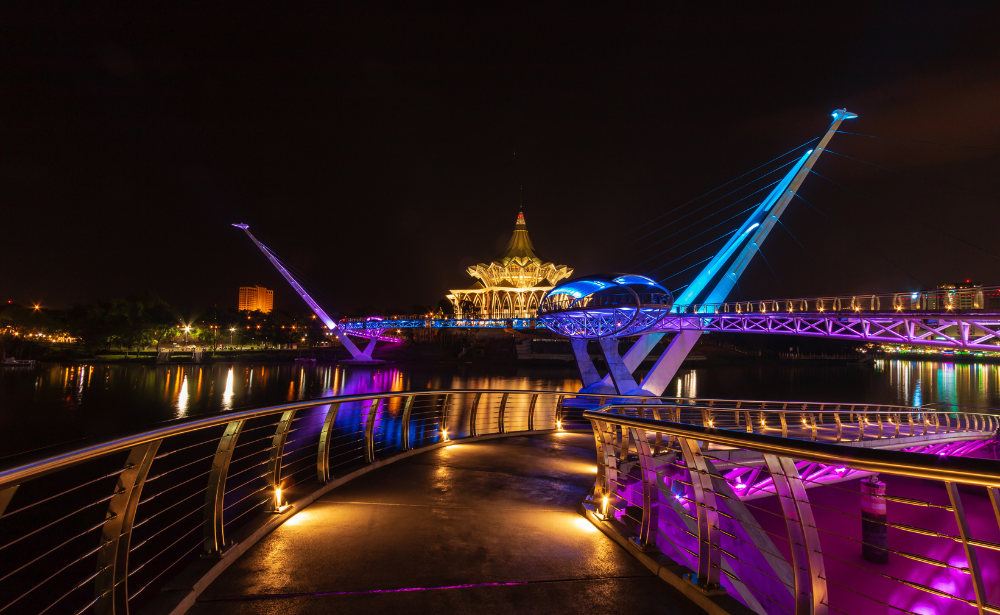The hospitality and tourism industry stands as a cornerstone of the 21st-century business landscape, playing a crucial role in economic growth, technological innovation, sustainability, and cultural exchange. At SEGi College Sarawak, we recognise the profound impact this industry has on global business operations and are dedicated to fostering the next generation of leaders in this vibrant sector.
In 2023, the global tourism industry generated an estimated $9.2 trillion in revenue, underscoring its immense economic footprint (World Travel & Tourism Council). Beyond leisure and recreation, hospitality and tourism significantly contribute to global GDP through accommodation, dining, travel, and entertainment expenditures. Furthermore, these industries are major employers, supporting over 15.7 million jobs in the U.S. alone (U.S. Travel Association).
In Malaysia, the Meetings, Incentives, Conferences, and Exhibitions (MICE) segment plays a pivotal role in driving economic activity. Events like the Asia-Pacific Economic Cooperation (APEC) summit and the World Congress on Information Technology (WCIT) draw thousands of international delegates, boosting local economies and showcasing Malaysia’s capacity to host large-scale events. Cities such as Kuala Lumpur have strategically positioned themselves as MICE hubs within Southeast Asia, with venues like the Kuala Lumpur Convention Centre (KLCC) contributing significantly to local business revenues.
Technological advancements are revolutionising the hospitality and tourism sectors, enhancing guest experiences and operational efficiency. Marriott International’s mobile check-in and Hilton’s IoT room features are prime examples of how digital integration improves service efficiency and guest satisfaction. Additionally, hotels are leveraging data analytics to personalise guest experiences. AccorHotels, for instance, uses AI to analyse guest preferences, enhancing service customisation and loyalty (AccorHotels).
Tourism also serves as a catalyst for global business interactions and investments. Cities like Singapore attract international business travellers, fostering cross-border partnerships and investments (Singapore Tourism Board). Moreover, tourism promotes cultural understanding through immersive experiences. Japan’s cultural tourism initiatives, such as tea ceremonies and kimono rentals, highlight the importance of cultural appreciation in attracting international visitors (Japan National Tourism Organization).
The COVID-19 pandemic has spurred innovations across the hospitality sector, including touchless technologies and enhanced cleaning protocols. Hyatt’s Global Care & Cleanliness Commitment exemplifies the industry’s efforts to prioritise guest safety and well-being (Hyatt). These advancements not only ensure health and safety but also enhance the overall guest experience.
At SEGi, we are committed to aligning our efforts with the United Nations Sustainable Development Goals (SDGs). Our programmes emphasise sustainable practices, cultural exchange, and economic growth, reflecting our dedication to shaping a resilient and adaptable industry. By nurturing future leaders who are well-versed in these areas, SEGi continues to contribute to the global business landscape and the advancement of the hospitality and tourism industry.
This event is organised in support of the following United Nations Sustainable Development Goals (SDG):
8 Decent Work and Economic Growth
9 Industry, Innovation, and Infrastructure
12 Responsible Consumption and Production.

